Bioengineering and Sensing
Technology Research Team
- About
- Services
- Highlights
- Research Personnel
- Contact
Bioengineering and Sensing Technology Research Team
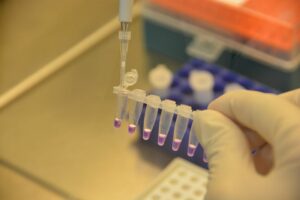
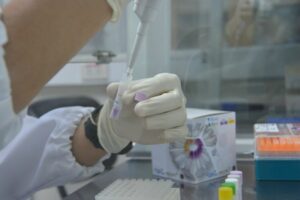
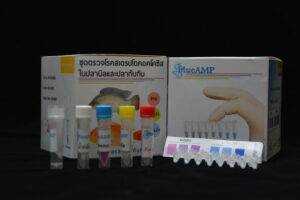
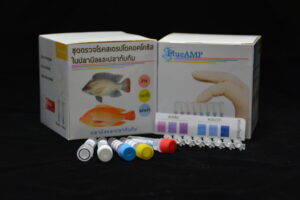
The Bioengineering and Sensing Technology Research Team (IBST) focuses our efforts on developing affordable detection test kits based upon the principle of loop-mediated isothermal amplification (LAMP) to address a wide variety of diagnostic needs in agriculture, food and human health. To make our LAMP technologies more amenable to end users, we employ simple reporting
systems, such as (1) lateral flow dipstick (LFD), (2) real-time qualitative and quantitative turbidimetry, (3) colorimetric nanoparticles, (4) one-step colorimetric pH-sensitive indicators and (5) printable graphene electrode on an integrated electrochemical sensor, to enable result analysis without requiring advanced personnel and high-end equipment. This design philosophy thus allows our platforms to be utilizable at both laboratory and point-of-care settings as high-fidelity disease screening tools. In the context of BIOTEC’s strategic plan, our research helps gear Thailand’s emerging bioindustry towards a long-term sustainable development by making ready-to-use diagnostic reagents available to domestic users and reducing their dependence on costly imported technologies.

Current Research
1. Diagnostics in human health The IBST team is highly motivated to develop novel diagnostic platforms in response to relevant emerged and emerging infectious or tropical diseases in Thailand. Our medical platforms were engineered according to a key consideration that prioritizes accessibility in low-resource settings to help patients in those areas reach high-quality diagnosis. By applying the foundation of knowledge gained from basic medical research and disease etiologies, we are currently leveraging LAMP to establish real-time electrochemical detection of multidrug-resistant tuberculosis (MDR-TB). The team is also developing another LAMP technique based on turbidity measurement for real-time quantification of the IP-10 associated mRNA levels in urine of systemic lupus erythematosus (SLE) patients as a potential clinical marker for chronic nephritis (kidney inflammation).
2. Disease surveillance in agriculture and aquaculture Aiming to bolster Thailand’s extensive agricultural and aquaculture industries that are a pillar of the Thai economy, the IBST team has developed a variety of sensors for pathogens known to affect aquatic animals, economic crops and livestock. These sensors are catered toward on-site testings at the farms or decentralized laboratory settings.
For applications in aquaculture, we combined LAMP with nanogold particles, pH-sensitive dyes and turbidimetry for the rapid, visual detection of shrimp pathogens, e.g. microsporidian parasite EHP, Acute hepatopancreatic necrosis syndrome (AHPND) bacteria, White spot syndrome virus (WSSV), Yellow Head virus (YHV), Infectious hypodermal and haematopoietic necrosis virus (IHHNV), and Macrobrachium rosenbergii nodavirus (MrNV). Successful identification of these infectious disease agents is a key to maintaining the quality of broodstock and larvae for commercial purposes. Given the convenience and practicality of these techniques, we additionally expand the assay options to detecting Streptococcus agalactiae, S. iniae, Tilapia lake virus (TiLV) and scale drop disease virus (SDDV) that infect farmed tilapia, red tilapia and Asian seabass.
In agriculture, we have developed test kits for detecting pathogens in the Tobamovirus family that are found in peppers and tomatoes based on LAMP with colorimetric gold nanoparticle-conjugated DNA probes, and a one-step, colorimetric LAMP-XO technique for identifying phytoplasmas that underlie the white leaf disease in sugar cane. The latter technology has also been applied to the identification of African swine fever (AFS) virus and porcine epidemic diarrhea (PED) virus for use in disease surveillance in the pig farming industry.
3. Towards food safety With the ultimate goal of safe-guarding the wellbeing of both human and animal populations, the IBST team is determined to ensure food safety through the detection of food- borne pathogens through our integrated LAMP methods with lateral flow and electrochemical sensing technologies. The current assay menu includes Vibrio cholerae, V. parahaemolyticus, E. coli strain 0157:H7 and Salmonella spp.

Publications
- Point-of-Care Rapid Detection of Vibrio parahaemolyticus in Seafood using Loop- Mediated Isothermal Amplification and Graphene-based Screen-Printed Electrochemical Sensor. Biosensors and Bioelectronics. IF (2018/2019) 9.518
- Sensitive Visual Detection of AHPND Bacteria Using Loop-Mediated Isothermal Amplification Combined with DNA-Functionalized Gold Nanoparticles as Probes. PLoS One; 11(3):e0151769. IF (2016) 2.806
- Demonstration of a very inexpensive, turbidimetric, real-time, LAMP RT-PCR detection platform using shrimp Laem-Singh virus (LSNV) as a model. PlosOne 9: e108047. IF (2014) 3.234
- Colorimetric detection of scale drop disease virus in Asian sea bass using loop- mediated isothermal amplification with xylenol orange. Aquaculture. IF (2018 / 2019) 1.81
- Double-Loop-Mediated Isothermal Amplification (D-LAMP) using colourimetric gold nanoparticle probe for rapid detection of infectious Penaeus stylirostris densovirus (PstDNV) with reduced false-positive results from endogenous viral elements Aquaculture IF (2018 / 2019) 1.81
Awards
- Very good Invention Award from the National Research Council of Thailand (NRCT) for the development of “Amp-Gold” test kit for the diagnosis of shrimp’s early mortality syndrome (2017).
- Platinum Award from the 13 th Taipei International Invention show & Technomart (INST 2017) for the development of VIP-Safe Plus: LAMP Electrochemical Sensor for Detection of Foodborne pathogen (September 2017).
- Good Research Award in Agriculture and Biology (good) from the National Research Council of Thailand (NRCT) for Discovery of random genome fragments of Infectious Hypodermal and Hematopoietic Necrosis Virus (IHHNV) in the giant tiger shrimp genome and its implication for developing more accurate and sensitive viral diagnosis (2019).
- Gold Medal & Special Prize from the 44th International Exhibition of Geneva for “ARDA AflaSensor Plus” (2016).
- First place, DMSc Award in quality healthcare category for the identification of malaria serotypes in blood samples by LAMP-LFD by Department of Medical Science (March 2016).
- Excellent Research Award in Medical Sciences from the National Research Council of Thailand (NRCT) for the development of DNA sensor for Mycobacterium tuberculosis (2013).
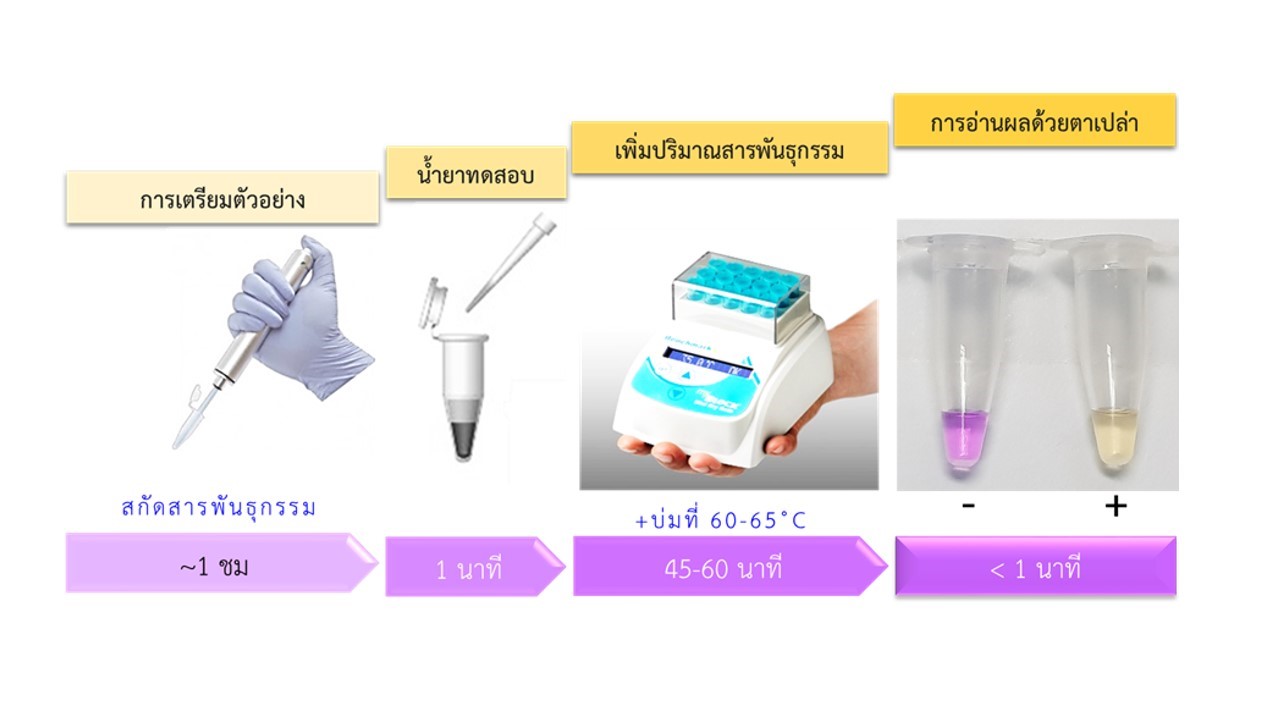
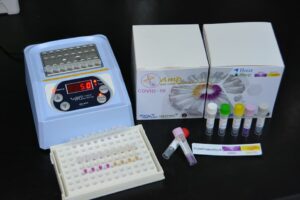
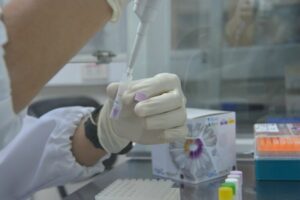
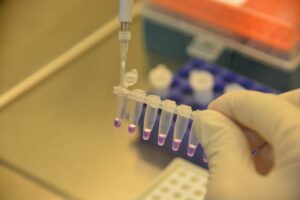
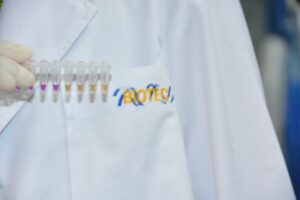
Bioengineering and Sensing Technology Research Team
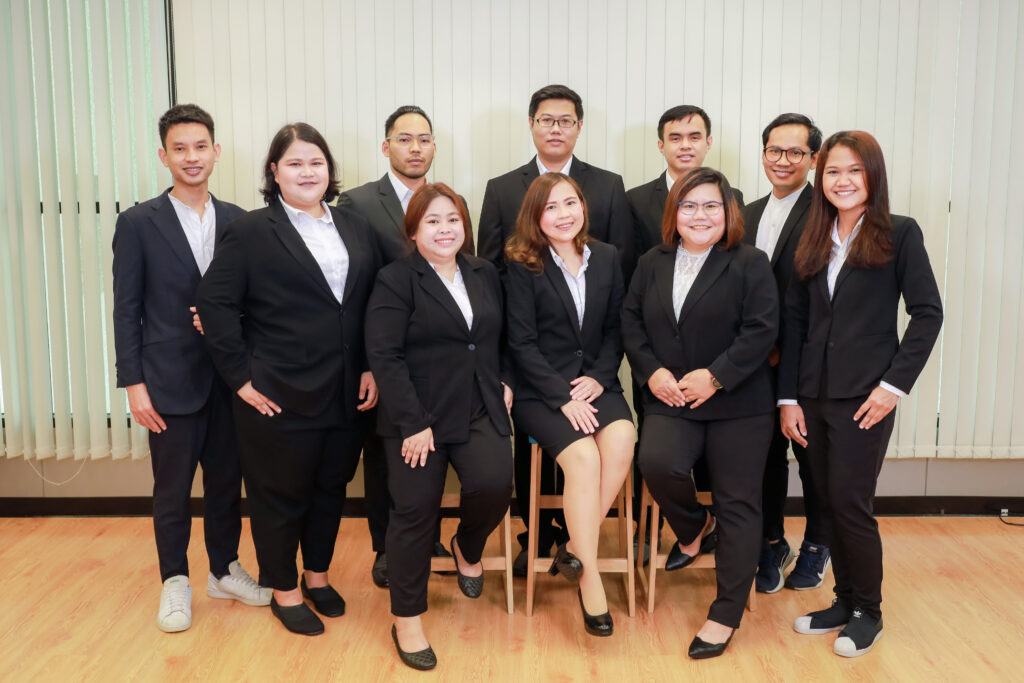

Wansika Kiatpathomchai
Research Team Leader
Principal researcher

Pakapreud Khumwan
Researcher

Sukanya Pengpanich
Researcher

Narong Arunrut
Senior Researcher assistant

Sirintip Dangtip
Senior Lab assistant

Jantana Kampeera
Research assistant

Rapheephat Suvannakad
Senior Researcher assistant

Sarawut Sirithammajak
Research assistant

Benyatip Tondee
Co-research assistant
Contact
Bioengineering and Sensing Technology Research Team (IBST)
National Center for Genetic Engineering and Biotechnology (BIOTEC)
113 Thailand Science Park, Phahonyothin Road, Khlong Nueng, Khlong Luang Pathum Thani 12120 THAILAND
Tel: (66-2) 564 6700 ต่อ 3254
Fax : (66-2) 564 6701-5
